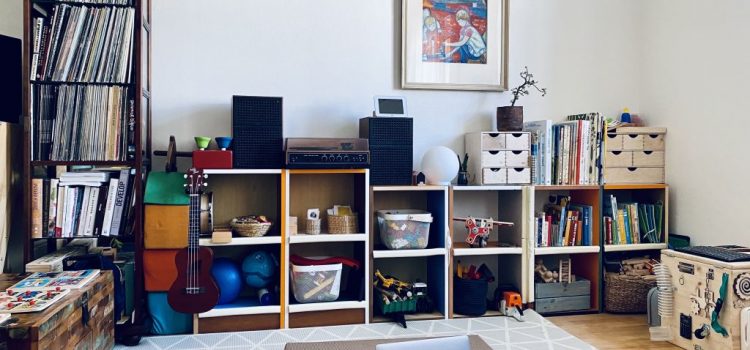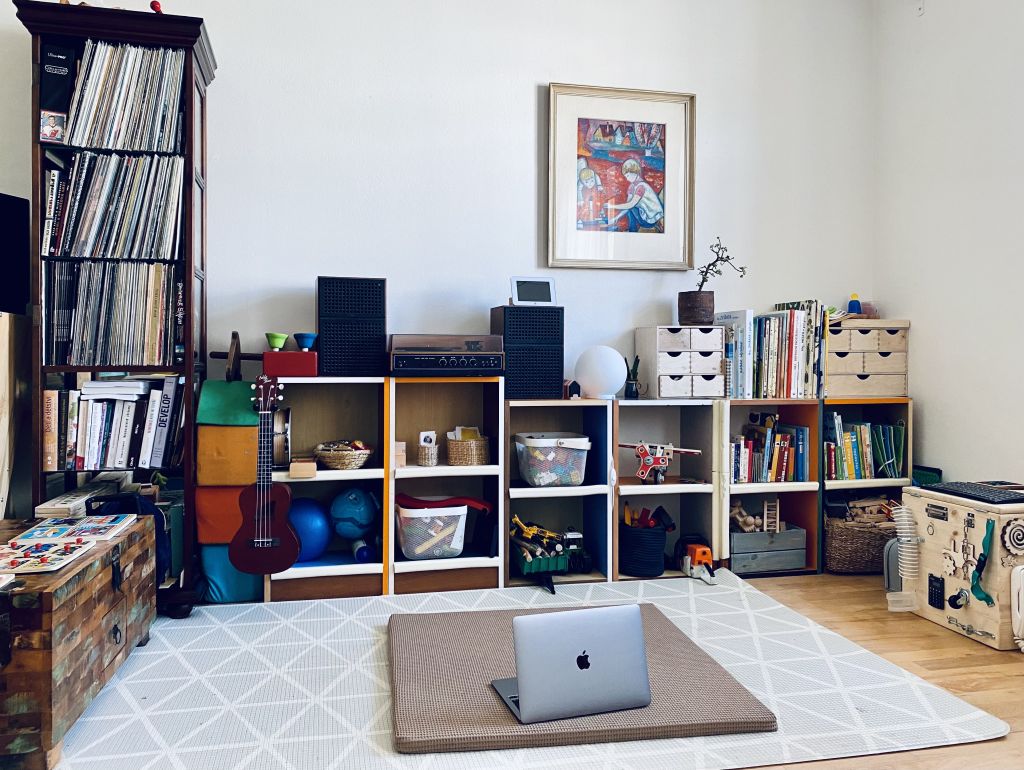
by Markéta Supa
It is Sunday night and I have finally found some time to begin writing a blogpost I have been asked to do a long time ago. Just as I am getting into taking at least some meaningful notes, I hear my two years old son calling from the bedroom “mami, napít”, meaning he wants to be breastfed. I lay down next to him in our shared bed and I am doing my best not to fall asleep, a battle I almost always lose. I am closing my eyes, hoping that tomorrow will be different, that somehow I will be able to fulfil everything I need to do no matter how utopian it sounds.
The core team working in our Children and youth digital civic engagement in a globalised world (YDIGI) project consists of five mothers. As I am the newest mum among them, I thought of asking them about their experience of becoming and being mothers working in academia. After reading my colleagues’ testimonies, I begin to believe even more strongly in the potential of “mother-scholars”; a point that Yvette Lapayese made in the context of elementary education, but that pointagly describes the reciprocal relationship between motherhood and scholarly work from which unique thinking may emerge. This blog post explores this idea by drawing upon our own reflection as mother-scholars working in higher education.
Together we have eight children from two to thirteen years old. Jana and Lenka have older children. Annamaria, Panni and I have toddlers. We jointly speak of them as impressive creatures with complex and very different personalities. The intense feelings and transformative experiences that motherhood has brought to our lives can barely be described by words, but as Panni says “now it is the new normal”. The normal that is, however, absolutely extraordinary and meaningful to us.
The sense of purpose is what we find similar between motherhood or parenthood and working as researchers and educators; “it both just makes sense to me,” as Jana puts it. Curiosity and the wish to understand better has brought us to academia, respect we learned to have towards our research participants, and child-centred thinking: these all come really handy when raising children (and when our children are raising us). Our interdisciplinary research touching upon civic, media, childhood, and educational studies helps us to see our (and other) children more for who they really are, rather than who we think they should be. As Lenka admits: “I have been interested in social constructions for many years, but thanks to this project I started to focus more on how different fields construct and understand children and I am constantly surprised by those differences. I now perceive my and any other kids, even more than before, as an inspiration.”

When thinking about words describing our life-work balance, words such as ‘chaotic’, ‘bittersweet’, ‘struggle’, ‘juggle’, ‘hurry’, ‘challenge’, and ‘remorse’ come to our minds. We are grateful for flexible working hours, but this makes it quite difficult to set clear borders between being in and out of work. When we are with our children we think we should be working, and when we are working that we should be with our children. This means that we feel almost constantly guilty.
The topic of our joint research, however, deepens our sense of purpose and eases the feeling of guilt. It really is such an important topic on many levels that it always makes us think about our children’s future – what kind of society they will be a part of, what role they will play, and the planet on which they will live. Annamaria hopes that ”this research can make a difference for kids in our region”. Jana says that “I think it’s great that we’re dealing with children, especially children who are almost my children’s age, and how their voice is or isn’t heard and how young people and activists are treated in a public space – I would appreciate any change for better in both areas as a researcher and as a mother”. Panni, Lenka and I are then particularly interested in how our own children will one day act (or not) as citizens and in ways in which we could support them.
While we are quite hopeful about our and other children’s engaged citizenship, we are less positive and significantly more worried about climate change. Our research focuses on FridaysForFuture youth movements in the Czech Republic and Hungary, and Annamaria admits that it makes her sad to see the non-interest and the negative reactions out there for what FFF and other children and youth activists are trying to say and achieve. Seeing our preliminary research results, we are beginning to believe that our research outcomes could possibly shed new light on children and youth’s civic efforts focusing on this crucial cause influencing the future of all children, including ours. Thus in the case of the YDIGI project, a unique thinking has definitely been emerging through the reciprocal relationship between research and motherhood.
I would like to thank the Doctoral Researcher Victoria Nainová for sharing her thoughts on the reflective accounts with me.

